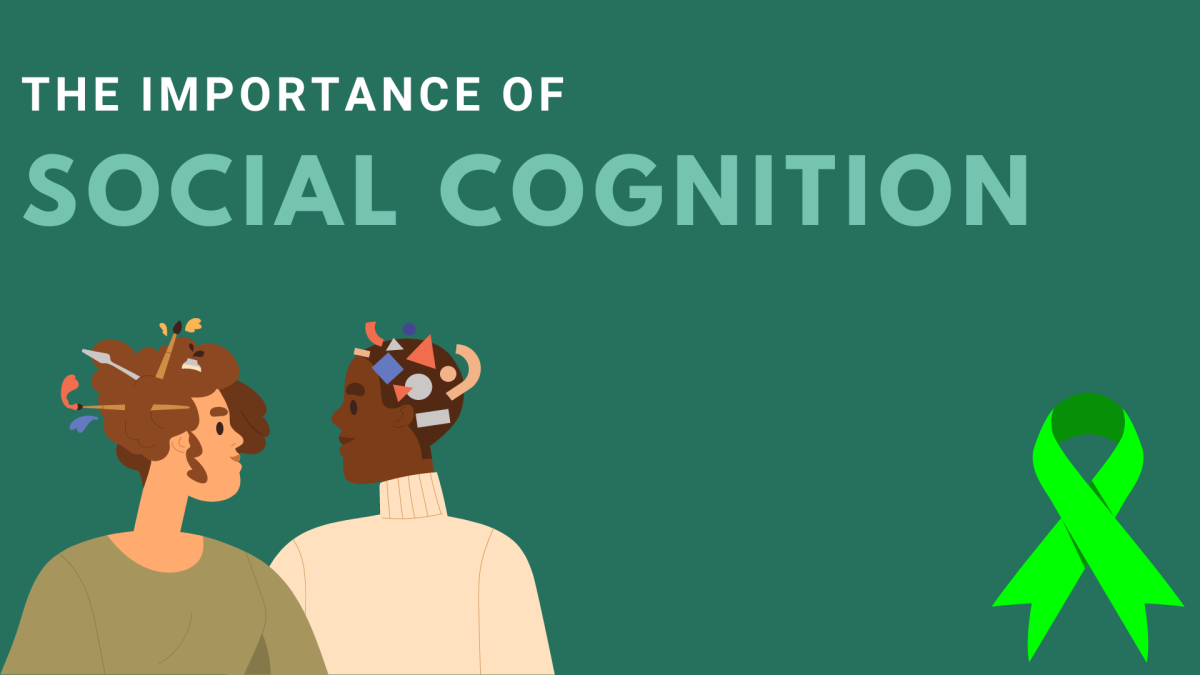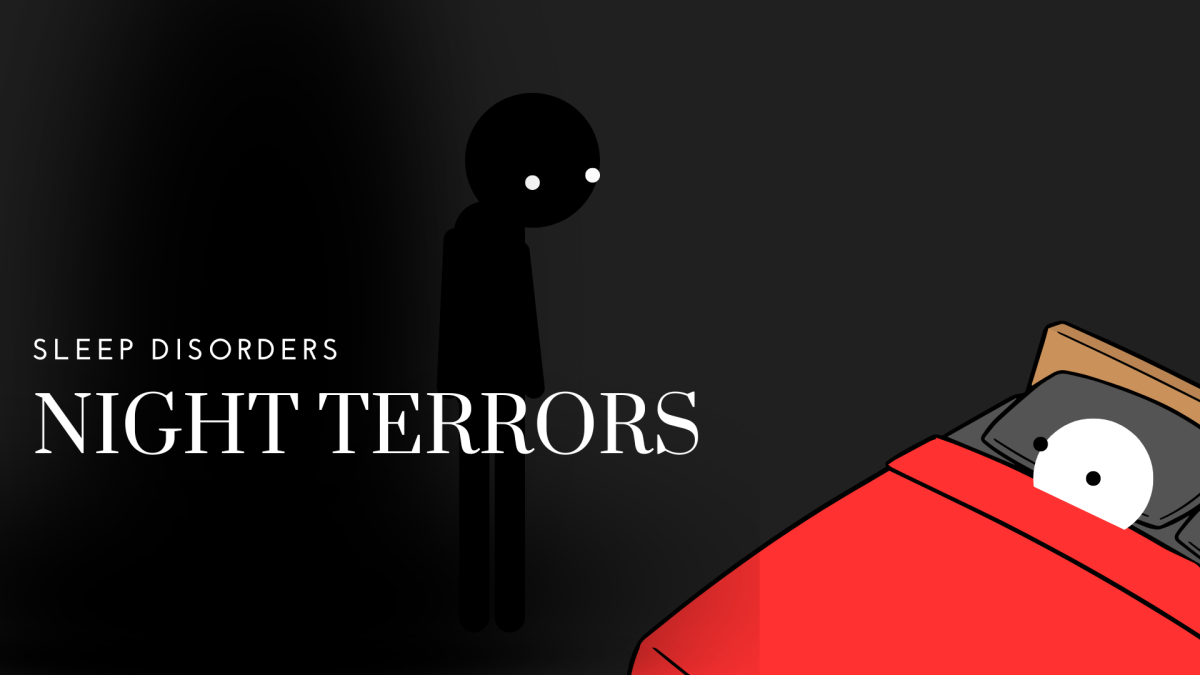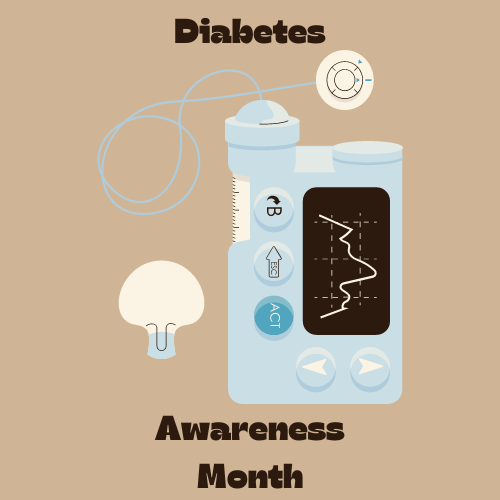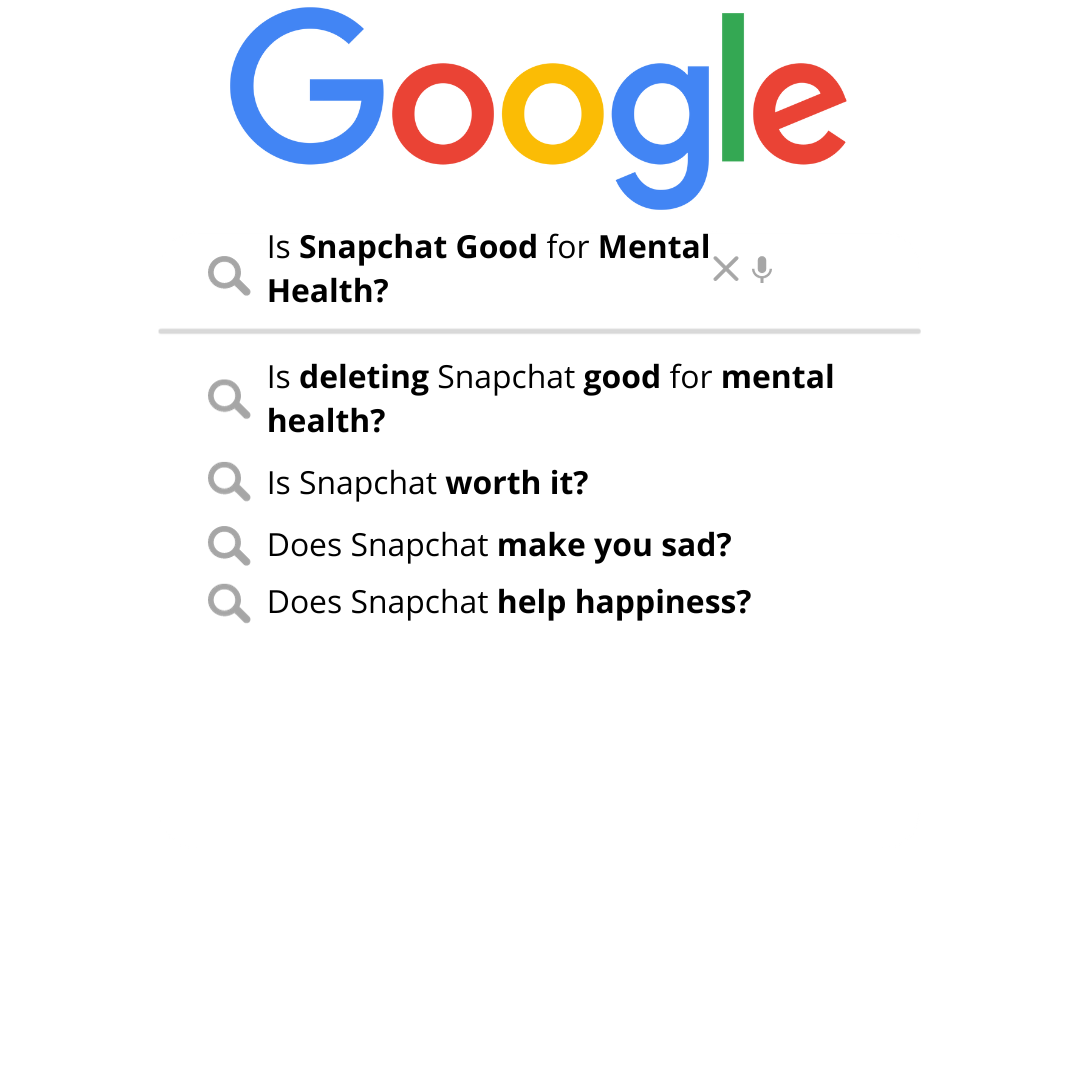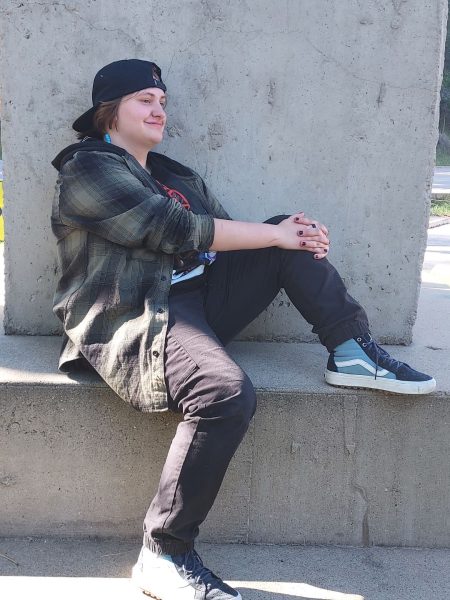With eight billion people on this planet, it’s hard to imagine that no two people are alike. While we might all have similar interests, our minds function and process in many different ways. No two humans think alike with every little thing which, can be caused by the environment or even our basic genetics. Unfortunately, because of these differences, we can often rule out those who are too wildly different from us. What causes this, and what can we do to help fix this?
In today’s society, many people have a continous or unconscious, tenancy to ostracize others who act or appear differently from them. This can be seen with children and even adults. Humans tend to judge people as they appear no matter how many times we repeat the phrase “never judge a book by its cover”. The reasoning behind this is purely psychological and common with not only humans but also often with animals who reside in packs or assimilated groups. These behaviors are linked to social cognition. Social cognition is how the brain processes, stores and applies information about others or social situations. It affects the way we form relationships and how we perceive the world around us. It also affects the way we treat others alongside how we interpret other’s treatment of us.
What type of people struggle with social cognition? Many of those who struggle with social cognition could be born with a mental disorder or illness, or they could have developed it later in life. This is present with disorders such as autism and schizophrenia. Those who have schizophrenia tend to avoid social interactions, while those with autism are more interested in connections with subjects or objects. Other mental disorders such as bipolar, BPD (borderline personality disorder), depression, and PTSD (post-traumatic stress disorder) are the main causes of these issues with social cognition. Social isolation can also lead to issues with social cognition.
While at times it can be hard to keep in mind others’ difficulties and struggles, the simple act of trying is a push towards bettering not only yourself, but also the lives of others. An important thing to keep in mind is that you don’t have to understand to respect someone’s struggle or experience. Remember to be a kind person, even if you don’t understand them. Much of what happens in others’ heads can be scary, and even crippling on a bad enough day. You never know what someone else is going through or how hard they struggle day to day. Anyone can be a good person with the right intentions.

